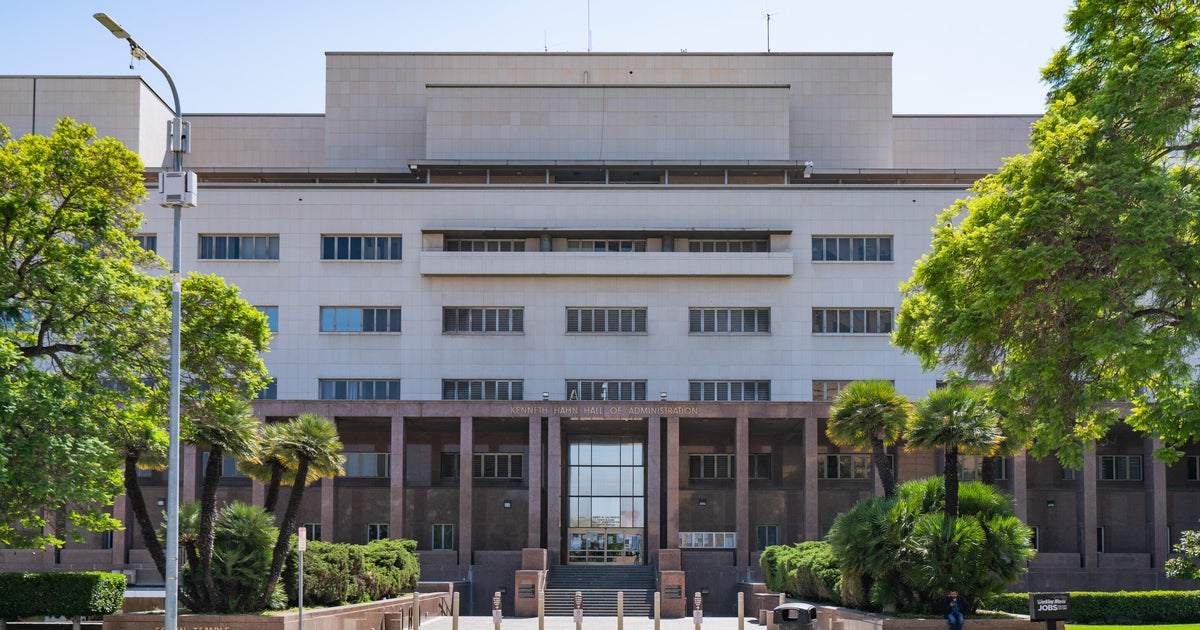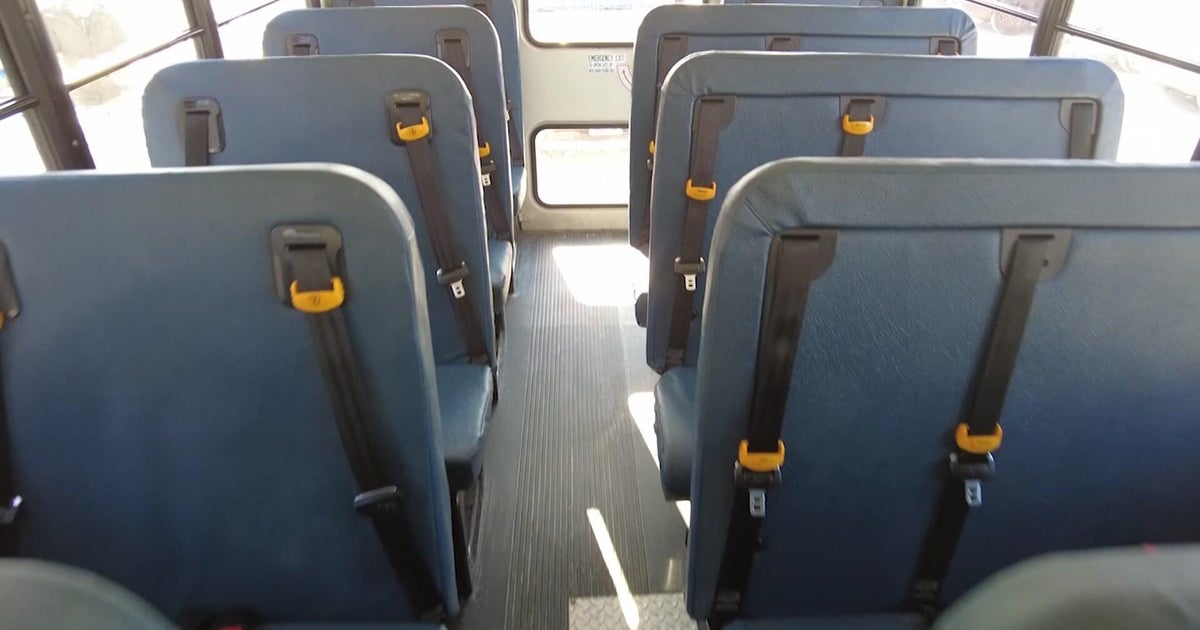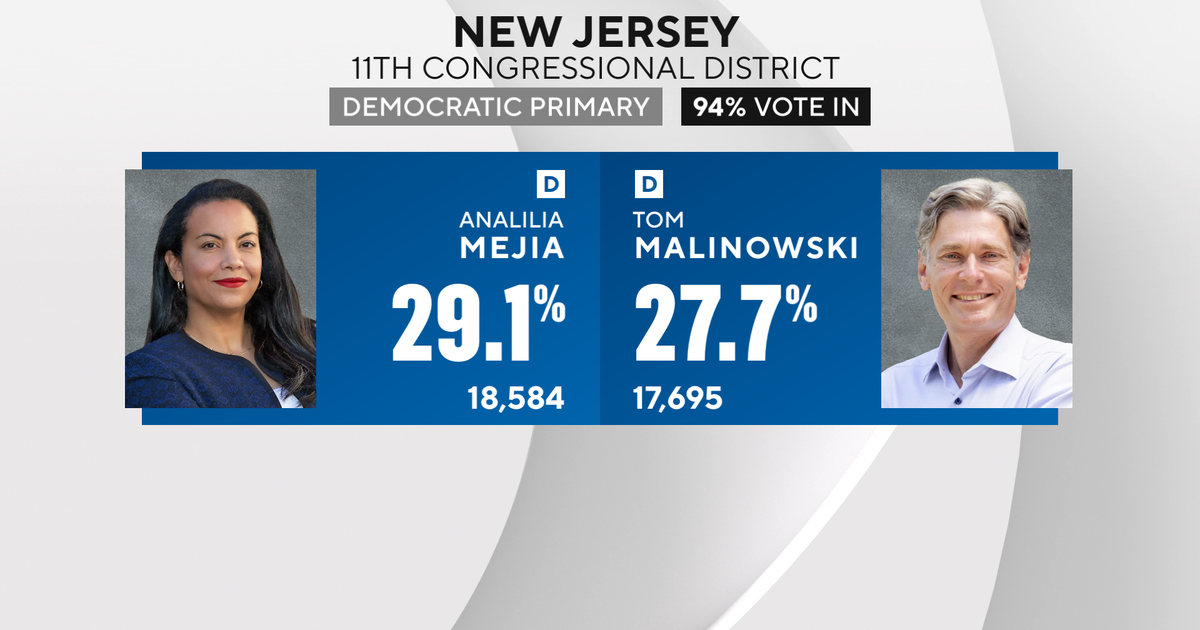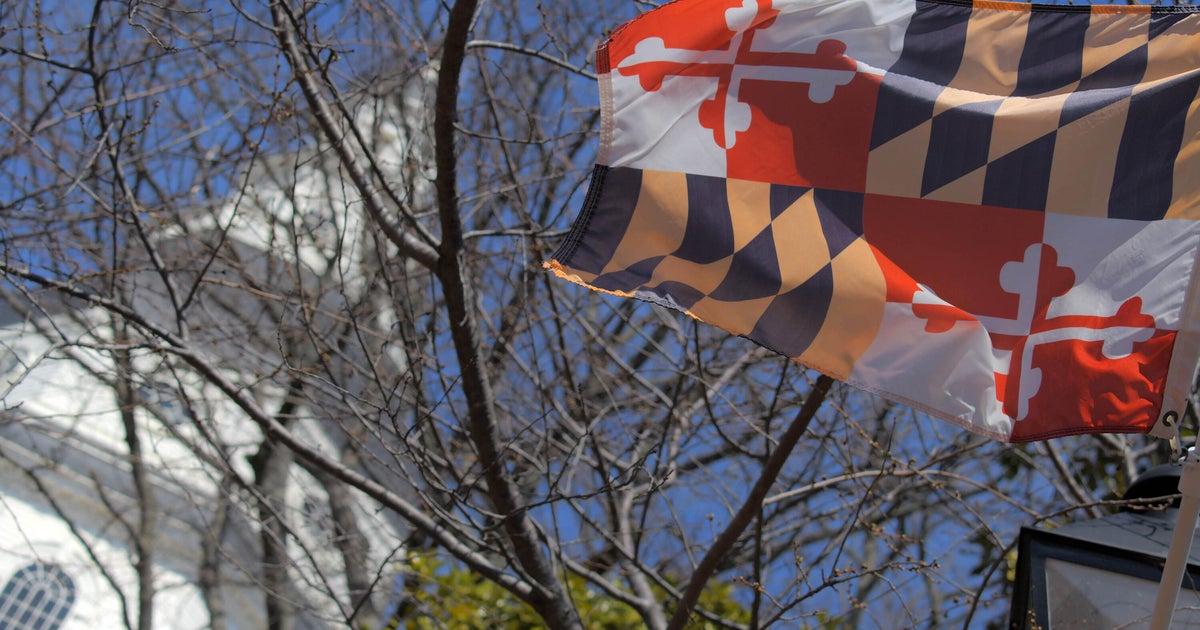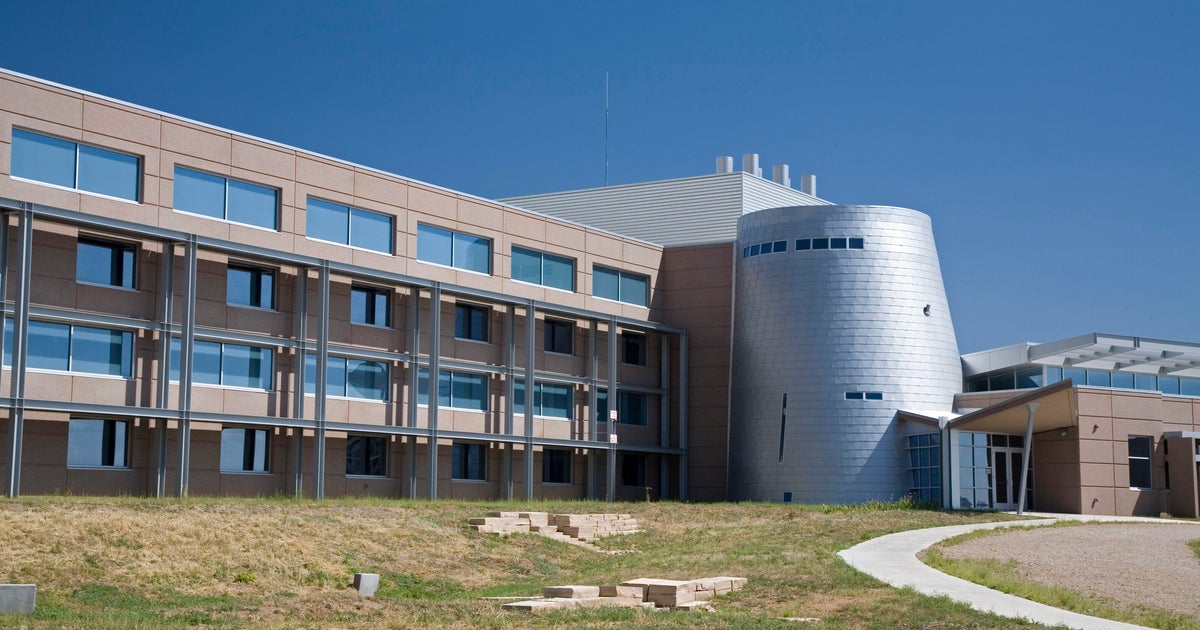Environmental justice organizers in New Jersey fear impact of EPA cuts
Some community-based organizations in New Jersey are worried about the impact of massive cuts President Trump says are coming to the Environmental Protection Agency (EPA).
"After recently identifying $20 billion fraudulent in spending, [EPA] Administrator [Lee] Zeldin is committed to eliminating 65% of the EPA's wasteful spending," White House spokesperson Taylor Rogers said.
An EPA spokesperson said the agency is "cutting wasteful grants, reassessing the agency's real estate footprint, and delivering organizational improvements to the personnel structure."
New Jersey Congressman Frank Pallone, the ranking Democrat on a committee that oversees the EPA, says environmental and climate justice programs are being eliminated under Trump's administration.
"My understanding is that any environmental justice funding is done. If you didn't already get it, you're not getting it," he said.
Those cuts could include some initiatives that provide financial help to underserved communities in the Garden State.
"This isn't just impacting the environment, it's impacting lives"
Kim Gaddy heads the South Ward Environmental Alliance in Newark.
"It was a personal reason that I got into this space, but I didn't want any other parent to experience what I was experiencing," she said.
The fourth-generation Newarker says her three children all have asthma.
"When you have a child that is suffering from asthma and you see them unable to breath, that is one of the most scariest things you can imagine," she said.
She blames it on pollution, like airplanes at Newark Liberty International Airport and diesel fuel from trucks traveling to and from one of the busiest United States ports.
"There's no barriers in the sky. The pollution that is in Newark today will also be in your community tomorrow," Gaddy said.
Gaddy's nonprofit spreads information about waterway and air pollution to residents.
She says won't be getting EPA funding for one educational program.
"It is really important that if you come from a community of Black and Brown individuals that are most marginalized, that they are able to sit at the table and meaningful participation," she said.
"I don't think [Trump] understands that this isn't just impacting the environment, it's impacting lives," said X Braithwaite, an environmental justice organizer for Clean Water Action.
Braithwaite, who lives in the Ironbound near the state's largest incinerator, says she'll continue fighting for neighbors.
"I see our communities as resilient," she said.

